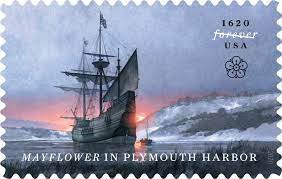World Saree Day is celebrated on 21 December every year. The day is dedicated to promoting and celebrating the rich cultural heritage and diversity of the traditional Indian attire, the saree. Saree is a traditional garment worn by women in India, Bangladesh, Sri Lanka, and other South Asian countries. It is a symbol of grace and elegance and comes in various styles, fabrics, and designs.
World Saree Day aims to showcase the versatility of the saree and encourage people, especially women, to embrace and celebrate their cultural roots by wearing sarees. The initiative also seeks to revive and promote the traditional art of handloom weaving and support the weavers who create these beautiful pieces of clothing.
People celebrate World Saree Day by sharing pictures of themselves wearing sarees on social media platforms, organizing events, workshops, and fashion shows related to sarees, and participating in discussions about the cultural significance of this traditional attire. It is a day to appreciate the beauty of the saree and the craftsmanship involved in its creation.








